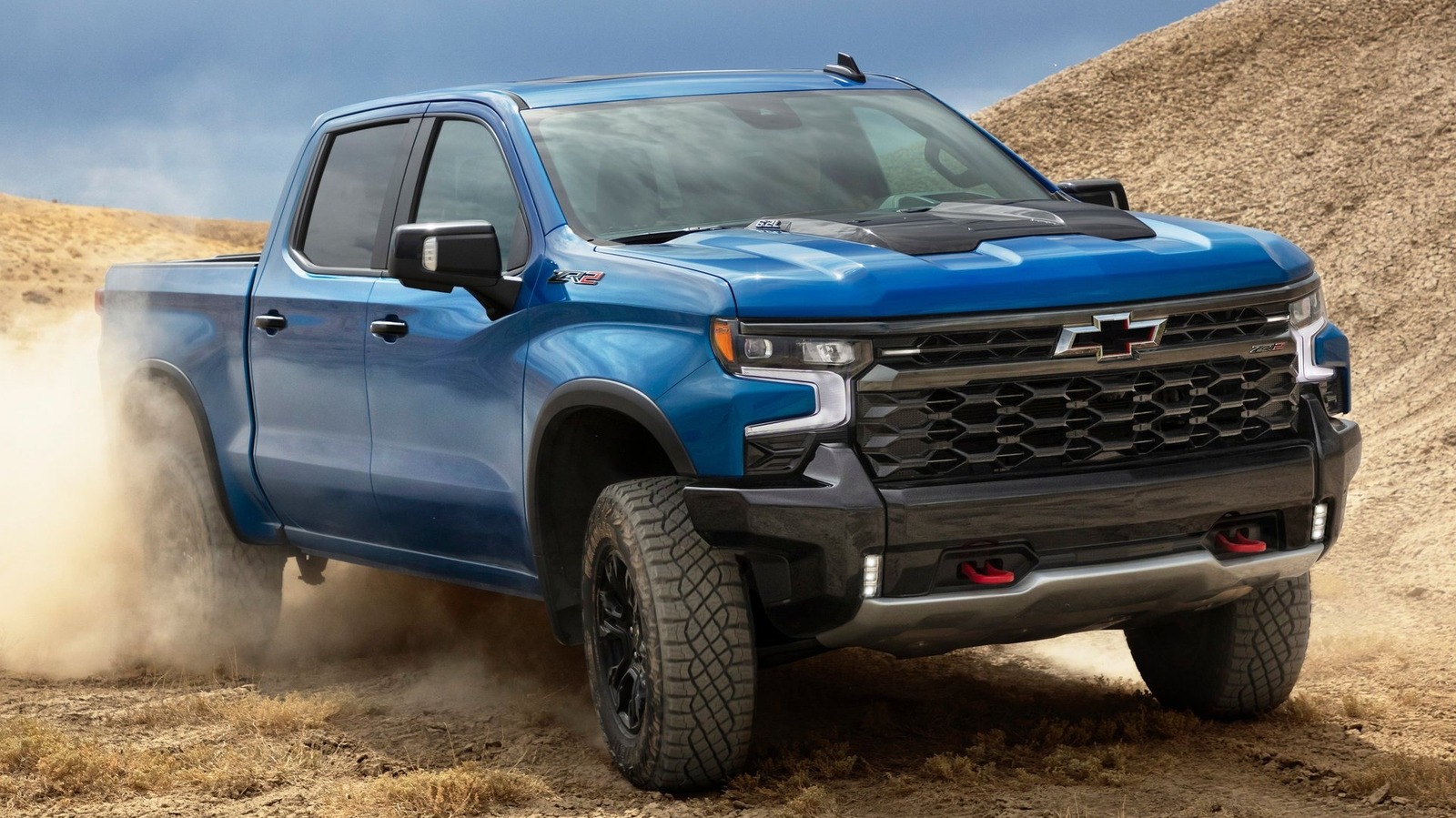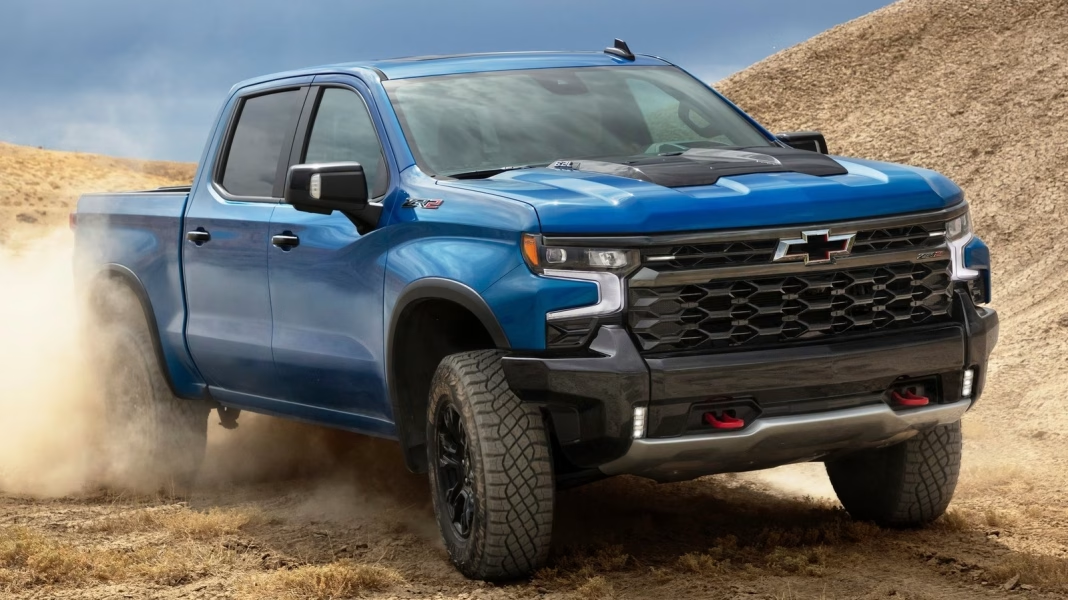The latest buzz in the automotive world is all about a concept that might sound surprising: “Peak Truck.” According to a recent analysis by the Dave Cantin Group, we may have hit a tipping point in the popularity of trucks and SUVs. But what does this really mean for consumers, manufacturers, and the future of the automotive industry?
What Does “Peak Truck” Mean?
The term “Peak Truck” suggests that the demand for large vehicles, particularly pickup trucks and SUVs, has reached its zenith. For years, these vehicles have dominated sales charts, with consumers gravitating toward their ruggedness and versatility. However, the analysis indicates that this trend might be leveling off, signaling a shift in consumer preferences.
Why Now?
Several factors are contributing to this potential shift. First, there’s a growing awareness of environmental issues. As climate change becomes an increasingly pressing concern, many consumers are reconsidering their vehicle choices. The rise of electric vehicles (EVs) and hybrids offers alternatives that are more eco-friendly, appealing to a demographic that values sustainability.
Additionally, urbanization is playing a role. With more people living in cities, the practicality of owning a large truck or SUV diminishes. Parking space is limited, and navigating narrow streets can be a hassle. Smaller, more efficient vehicles are becoming more attractive for city dwellers who need to balance functionality with convenience.
Consumer Preferences Are Changing
It’s not just about environmental concerns or urban living; consumer preferences are evolving. Younger generations, particularly millennials and Gen Z, are showing a preference for vehicles that align with their lifestyles. They often prioritize technology, connectivity, and fuel efficiency over sheer size and power. This shift could mean that manufacturers need to rethink their strategies and offerings.
For instance, brands that traditionally focused on trucks are starting to diversify their lineups. They’re investing in electric models and compact cars to cater to a broader audience. This pivot not only meets changing consumer demands but also positions companies to stay competitive in a rapidly evolving market.
What Does This Mean for the Future of Trucks and SUVs?
If we truly are at “Peak Truck,” what does that mean for the future of these vehicles? It doesn’t necessarily spell doom for the truck market, but it does suggest a need for adaptation. Manufacturers may need to innovate, focusing on hybrid and electric versions of their popular models. Imagine a future where your favorite pickup truck runs on electricity, offering the same power and utility but with a smaller carbon footprint.
Moreover, the concept of Peak Truck could lead to a broader range of options for consumers. As manufacturers respond to changing demands, we might see the emergence of new vehicle categories that blend the best features of trucks, SUVs, and compact cars. This could result in vehicles that are not only more efficient but also more versatile, catering to a wider array of lifestyles.
The Big Picture
The big takeaway? Peak Truck isn’t about perfection—it’s about smarter adjustments. The automotive landscape is shifting, and while trucks and SUVs have enjoyed their reign, the future is likely to be more diverse. Start with one change this week, whether it’s considering a more fuel-efficient vehicle or exploring the latest electric options, and you’ll likely spot the difference by month’s end. Embracing this evolution can lead to a more sustainable and enjoyable driving experience for everyone.


